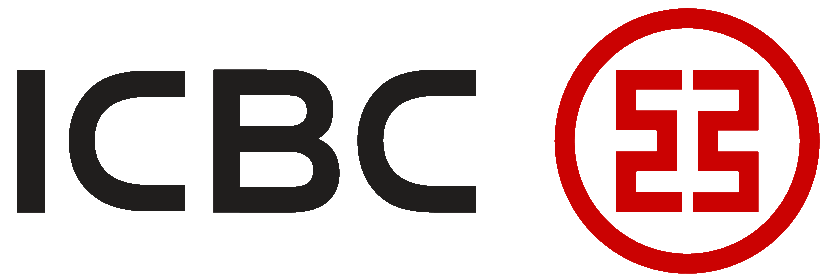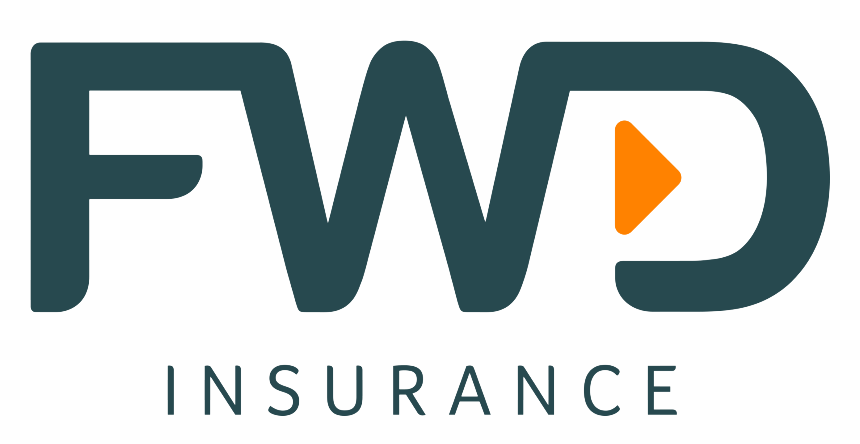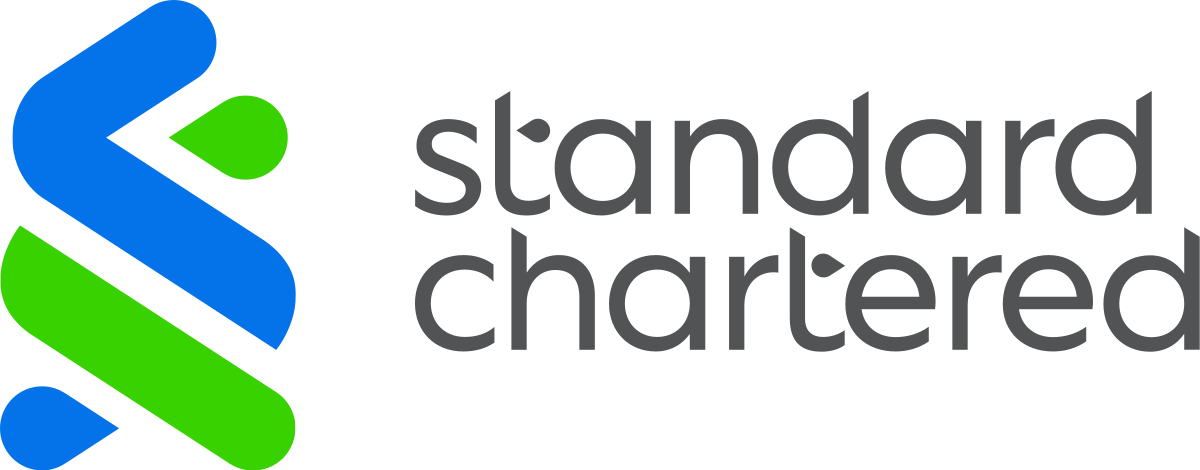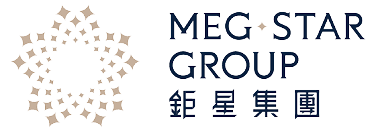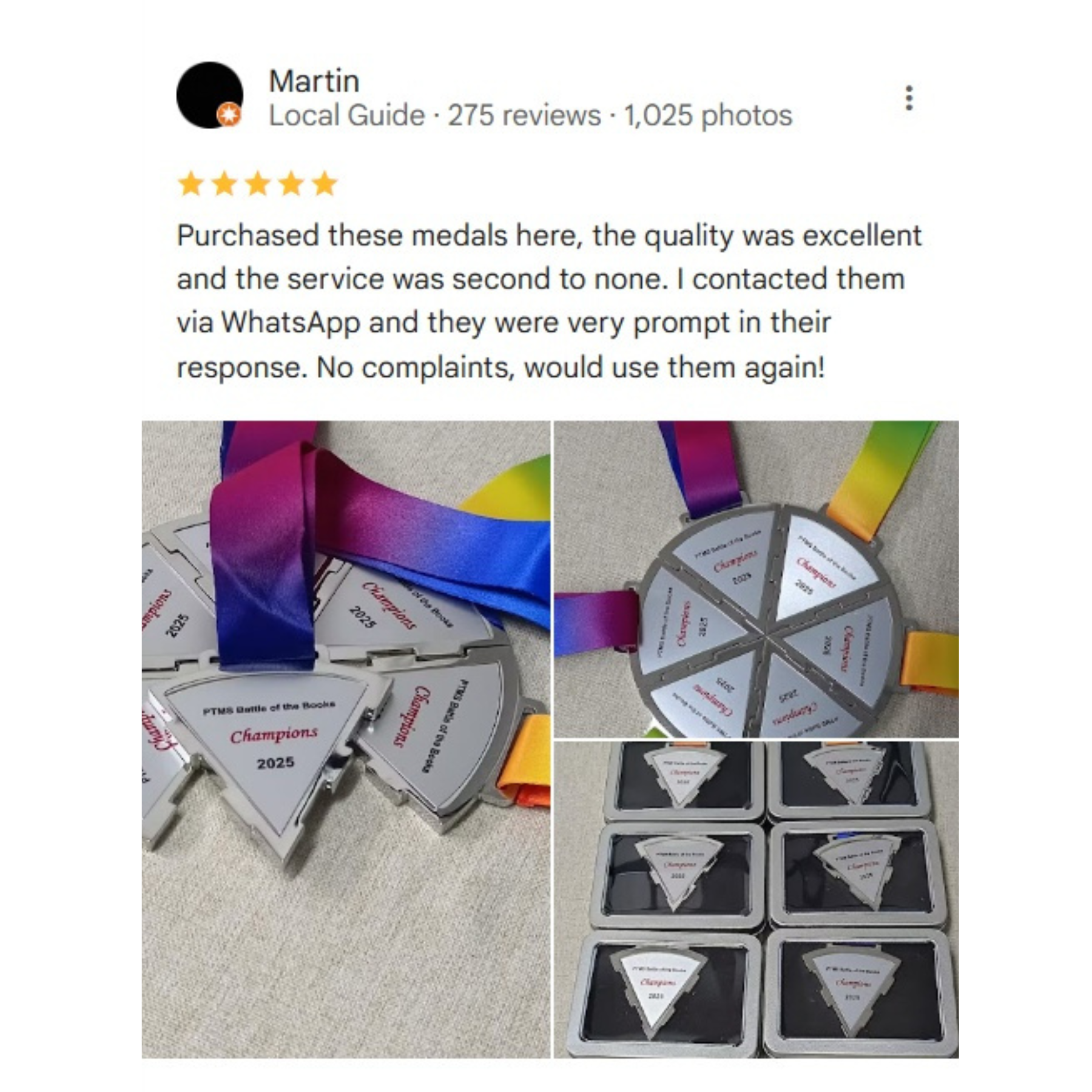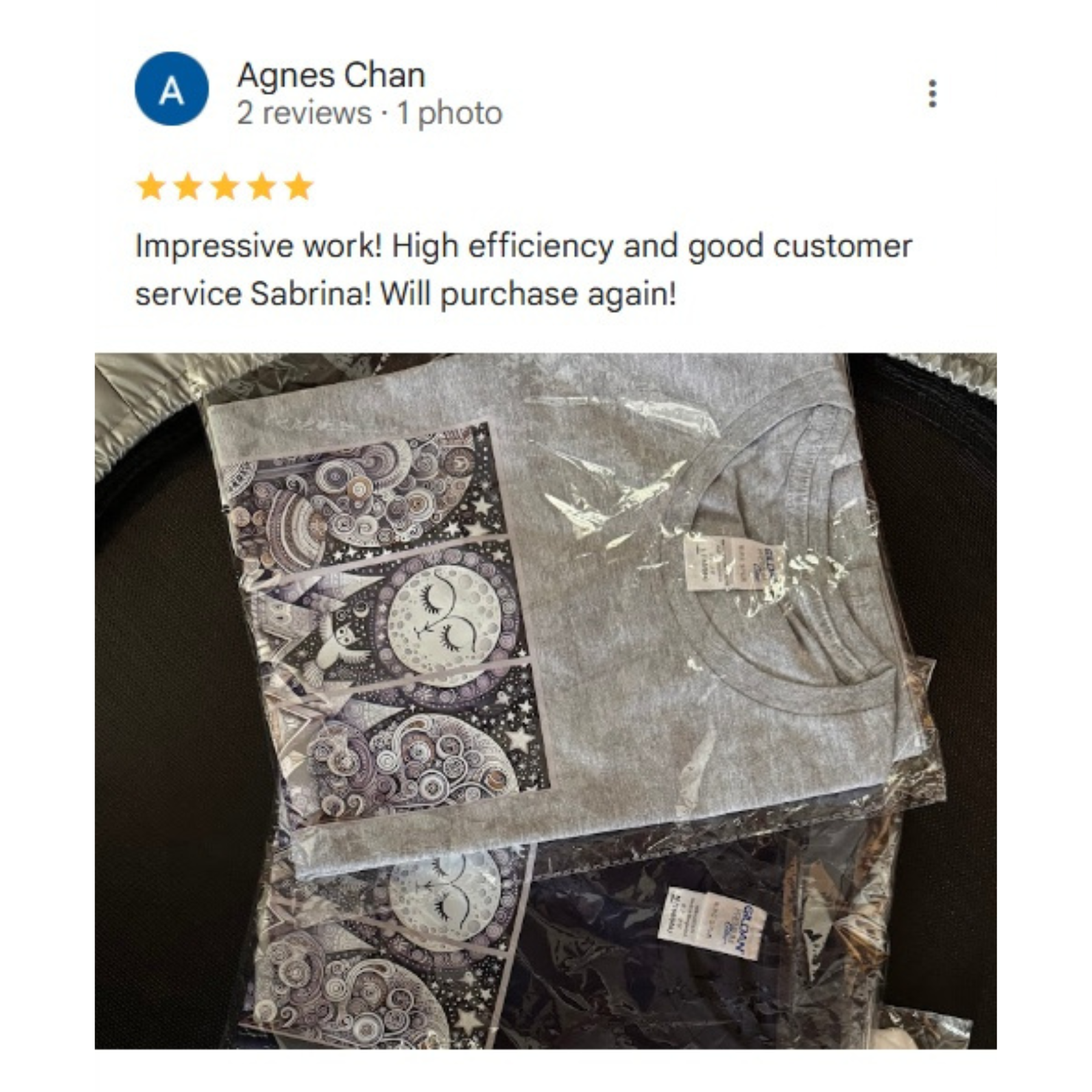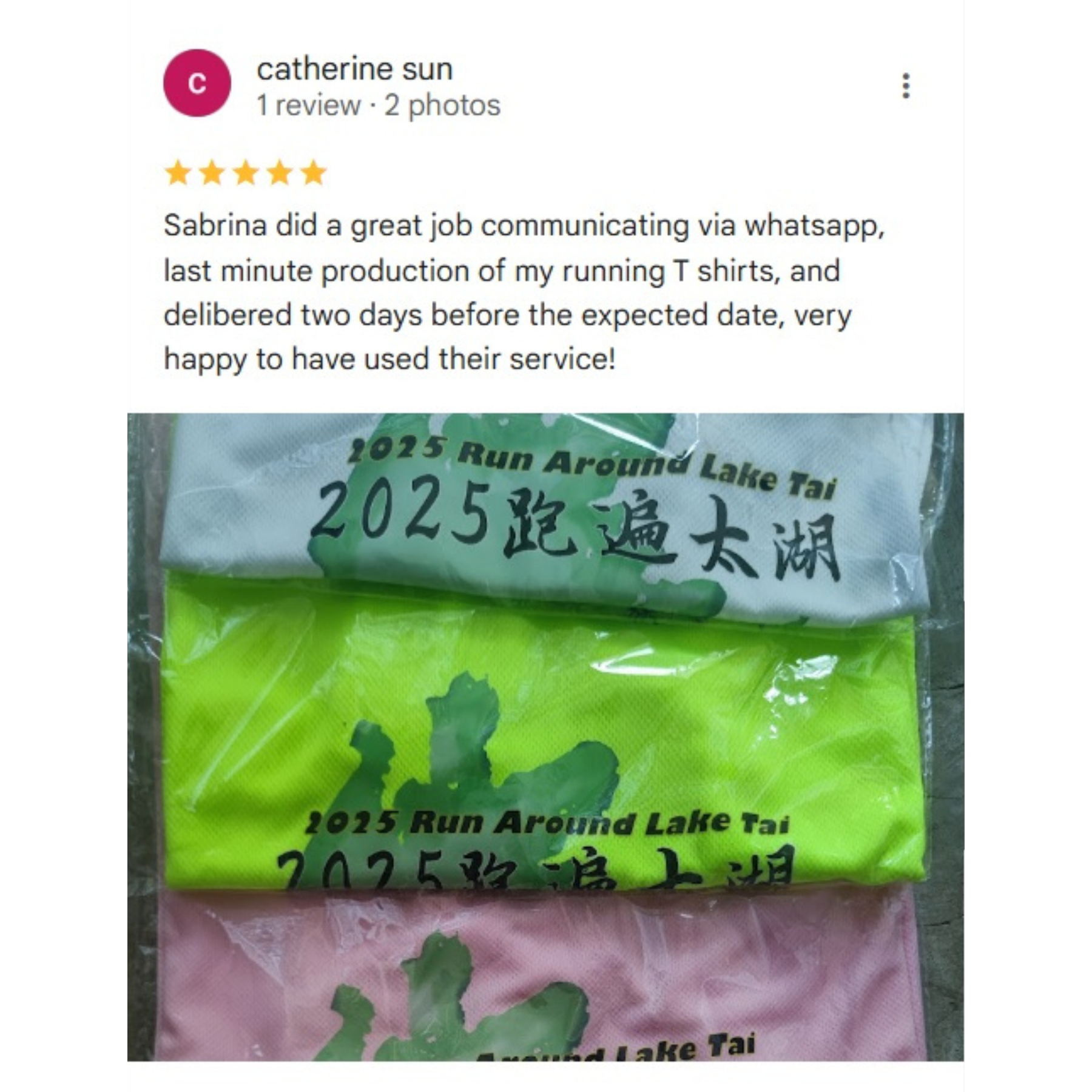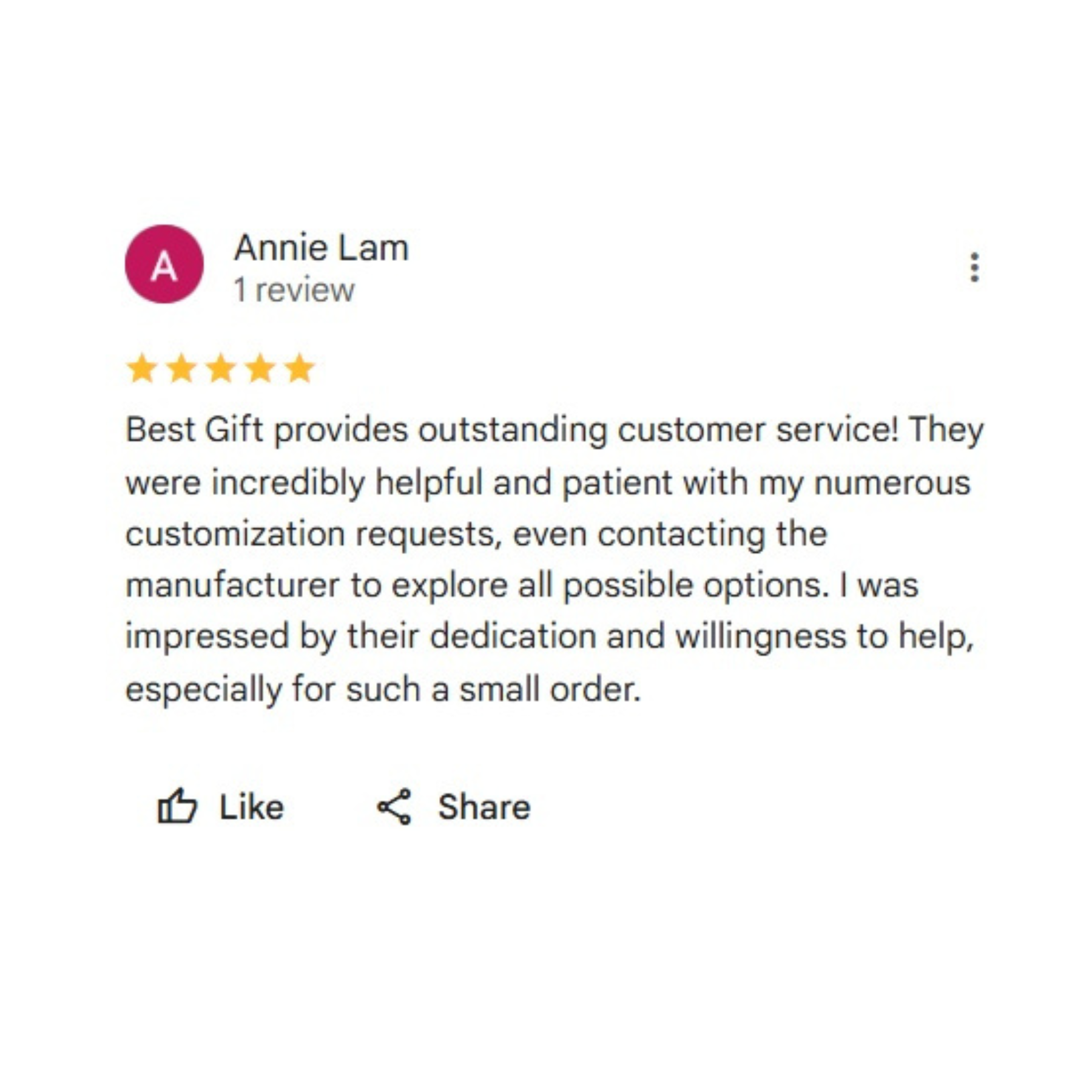In today’s highly competitive and service-oriented business landscape, maintaining strong and lasting relationships with clients is no longer optional; it is a necessity. Companies that invest in building and nurturing these connections often enjoy higher retention rates, increased referrals, and more consistent revenue streams. This is where Client Relationship Management (CRM) comes into play.
Client Relationship Management is more than just a software solution; it is a strategic approach that combines personalized service, data-driven insights, and ongoing engagement to foster trust and satisfaction. Whether you are a small agency or a large enterprise, implementing effective CRM practices can significantly impact how your clients perceive and interact with your brand.
In this article, we will break down what client relationship management really means, explore its benefits, and share practical best practices and tools that help you manage and strengthen client relationships in a scalable way.
What is Client Relationship Management?
Client Relationship Management refers to the structured process of managing interactions with current and potential clients to build long-term, mutually beneficial relationships. In essence, client relationship management meaning lies in the ability to use data-driven strategies, specialized systems, and communication tools to understand client needs, deliver personalized experiences, and foster loyalty over time.
While often confused with customer relationship management, CRM for clients typically applies to service-based industries where relationships are long-term and high-touch. This includes legal firms, marketing agencies, financial advisors, and consultants.
At its core, CRM is about:
-
Keeping track of client interactions across touchpoints
-
Ensuring timely and relevant communication
-
Understanding individual client preferences
-
Strengthening satisfaction, loyalty, and retention
Whether supported by sophisticated CRM platforms or simple organizational methods, the goal is always the same: build trust through consistency, transparency, and value-driven engagement.
Why Client Relationship Management is Important
Strong client relationships are essential for long-term success. One of the key benefits of client relationship management is its ability to improve communication, build loyalty, and support growth. By understanding the dynamics of client and customer relationship, businesses can use CRM tools to create personalized, data-driven engagement that enhances satisfaction, retention, and operational efficiency.
1. Better Understanding of Client Needs
Gain deeper insights into client behavior, preferences, and expectations by analyzing interaction history, purchase patterns, and communication feedback. This understanding forms the foundation of effective client customer relationship management, enabling your business to create personalized engagement plans and strengthen long-term loyalty.

Leveraging CRM systems for service industries allows you to define relationship management in actionable terms, craft targeted communication strategies, and optimize both retention and satisfaction across your client base.
2. Smoother and More Transparent Communication
Facilitate clear, consistent interactions across communication channels such as email, live chat, and video conferencing. This omnichannel approach to client engagement helps reduce misunderstandings, encourages open dialogue, and strengthens client confidence.
By implementing a client engagement process supported by CRM systems, your team can manage client expectations more effectively and ensure that every interaction is aligned with your relationship marketing goals.
3. Higher Client Retention Rates
By addressing client concerns promptly and offering consistent value, businesses can strengthen client loyalty and reduce churn. A major benefit of client relationship management is how it fosters customer loyalty through personalized service and timely follow-ups. CRM systems help track satisfaction metrics and ensure long-term trust through data-driven engagement.
4. Growth Through Upselling and Referrals
Satisfied clients are more likely to make repeat purchases and refer others when they experience personalized client experiences, proactive support, and consistent value. This directly fuels long-term revenue growth and enhances the overall client relationship strategy.
Leveraging CRM systems for service industries enables businesses to track referral behavior, implement loyalty incentives, and automate follow-up sequences. As part of a customer loyalty improvement plan, this approach strengthens trust while expanding the client base through word-of-mouth marketing.
5. Streamlined Task and Workflow Management
CRM tools help teams stay organized by centralizing client data, setting automated task reminders, and assigning responsibilities across departments. These platforms streamline workflow automation and improve follow-up sequences, ensuring timely client communication.
As part of a broader client engagement process, they allow businesses to optimize their account management process, reduce operational friction, and boost overall efficiency in relationship marketing efforts.
6. Centralized Contact and Interaction Data
Having a unified platform for storing and accessing client data enables teams to maintain consistent client profiles, streamline communication histories, and enhance collaboration across departments. CRM systems that centralize contact and interaction data also support the account management process and improve client satisfaction tracking. This leads to quicker decision-making, faster response times, and more cohesive client relationship strategies across the organization.
7. Personalized Support at Scale
Deliver tailored experiences to each client by leveraging personalized client experiences powered by CRM tools, even as your client base grows. With the help of workflow automation and client segmentation features, your team can ensure that every interaction aligns with the client's specific preferences, needs, and stage in the client lifecycle. This enables businesses to maintain high-quality service delivery at scale and supports the goal of long-term client relationship strategy.
8. Stronger Sales Funnel Visibility
Track deals and communication progress in real-time by using CRM dashboards that visualize pipeline stages and highlight potential bottlenecks. This enhanced visibility supports better forecasting accuracy, improves sales pipeline management, and ensures that no opportunity or follow-up is overlooked. By integrating real-time analytics into your client relationship strategy, your team can respond quickly, prioritize high-value leads, and strengthen the overall client engagement process.
9. Improved Internal Collaboration
Share client information across departments using a centralized CRM system to ensure aligned messaging and a cohesive service experience. This cross-functional collaboration streamlines internal workflows, supports unified account management processes, and reduces communication silos. By integrating client communication histories and project updates, teams can deliver more personalized client experiences and maintain consistency in relationship marketing efforts.
10. Scalability Without Losing Personal Touch
As your business grows, CRM systems allow you to maintain personalized service without overburdening your team by automating routine tasks, streamlining client onboarding workflows, and segmenting communication efforts. With client satisfaction tracking and centralized contact data, your organization can continue delivering high-touch experiences while expanding operations. This balance between personalization and scalability is a core strength of effective client relationship management in service-based businesses.
What Does a Client Relationship Manager Do?
A Client Relationship Manager (CRM) serves as the primary liaison between a company and its clients. Their role is both strategic and operational, focused on maintaining satisfaction, resolving issues, and identifying growth opportunities within existing client accounts.
Key Responsibilities:
-
Building strong rapport with clients through consistent and meaningful communication
-
Understanding client goals and aligning services to meet those objectives
-
Coordinating with internal departments to ensure client needs are addressed efficiently
-
Tracking performance metrics such as satisfaction scores, renewal rates, and project milestones
-
Managing onboarding processes and ongoing support
Essential Skills and Tools:
-
Strong interpersonal and listening skills
-
Proficiency in CRM platforms such as HubSpot, Salesforce, or Zoho CRM
-
Analytical mindset to interpret client data and trends
-
Ability to resolve conflict and handle high-stakes negotiations calmly
Ultimately, the client relationship manager acts as both an advocate for the client and a strategic partner for the business, helping foster long-term value and mutual success.
Best Practices in Client Relationship Management
To build long-term, trust-based relationships with clients, it is important to go beyond transactional interactions. The following best practices provide actionable strategies that align with client needs, expectations, and industry standards.
1. Personalize Your Communication
Tailor your messaging to reflect the client’s preferences, communication history, and business goals by leveraging personalized client experiences and CRM data insights. This approach ensures that every message is relevant, timely, and aligned with the client's stage in the client lifecycle. It strengthens relationship marketing efforts, improves client engagement process outcomes, and contributes to long-term loyalty.
2. Be an Active Listener
Show empathy and attention by actively listening to client feedback across various touchpoints, including satisfaction surveys, support interactions, and onboarding reviews. This is especially vital in handling customer complaints effectively, as it allows your team to respond with appropriate solutions and improve future service delivery.
By identifying behavioral trends and unmet expectations, you can personalize service strategies and build stronger, more resilient relationships. Integrated into a client engagement process, this approach enhances relationship marketing and supports ongoing client satisfaction tracking for long-term retention.
3. Follow-Up Consistently
Timely follow-ups demonstrate professionalism and commitment by showing clients that their needs are prioritized and valued. Using automated follow-up sequences within a CRM system ensures no client inquiry is missed, while also aligning each response with the client's history and preferences. As part of the client engagement process, this practice reinforces trust, supports personalized client experiences, and keeps projects moving forward efficiently.
4. Use CRM Technology
Leverage platforms like Salesforce or HubSpot to automate reminders, log interactions, and centralize client data for better visibility and coordination. These CRM systems for service industries enable client relationship managers to define relationship management practices that are scalable and consistent. By integrating tools for task automation, client communication tracking, and contact management, your team can enhance efficiency and deliver personalized client experiences across every touchpoint.
5. Educate and Inform
Provide valuable resources, relevant industry updates, or strategic recommendations based on client interests and current trends. Sharing actionable insights tailored to client segments enhances your position as a trusted advisor and supports ongoing relationship marketing. Using CRM data, you can personalize educational content, improve the client engagement process, and reinforce brand credibility over time.
6. Seek Feedback
Encourage honest input through surveys, post-project review calls, or client satisfaction tracking tools to identify service gaps and improvement opportunities. Use insights from Net Promoter Score (NPS), onboarding feedback, and account management interactions to guide enhancements in your client relationship strategy. This feedback loop supports continuous service quality improvement and reinforces trust and transparency in the client engagement process.
7. Engage in Relationship Marketing
Go beyond sales and focus on building long-term rapport by incorporating non-transactional touchpoints into your client engagement process. These include newsletters tailored to client interests, personalized thank-you messages, educational content, or exclusive client appreciation events. This relationship marketing approach helps strengthen trust, reinforces loyalty, and supports customer loyalty improvement over time.
8. Track and Manage Communication
Document every client interaction, including meeting notes, feedback, and key decisions, using CRM tools that support contact management and communication tracking. Ensure these updates are centralized and accessible to relevant departments in real time, allowing for better client satisfaction tracking, streamlined follow-up sequences, and aligned messaging across the account management process.
9. Appreciate Loyalty
Recognize and reward long-term clients through exclusive offers, milestone-based incentives, and personalized appreciation gestures such as handwritten notes or VIP access. By incorporating loyalty programs into your client relationship strategy and tracking engagement through CRM systems, you can reinforce customer loyalty improvement, deepen emotional connection, and encourage ongoing advocacy through repeat business and referrals.
10. Build Trust and Credibility
Maintain transparency in communication, set clear expectations, and follow through on promises using CRM tools that track progress and accountability. By delivering consistent results and leveraging client satisfaction tracking, your business reinforces its credibility, strengthens long-term client trust, and supports a scalable client relationship strategy.
Choosing the Right CRM Tools
Selecting the appropriate CRM solution is essential to support your relationship-building strategy. With numerous platforms available, it is important to focus on features that align with your business model and client management needs.
Key Features to Look For:
-
Contact and communication tracking
-
Customizable dashboards and reports
-
Integration with email, calendars, and other business tools
-
Workflow automation and task management
-
Mobile access and cloud storage
Popular CRM Options:
-
HubSpot CRM: Known for its user-friendly interface and strong integration capabilities
-
Salesforce: Highly customizable and suitable for enterprises with complex needs
-
Zoho CRM: Offers a balance of features and affordability, ideal for small to medium-sized businesses
When evaluating a CRM platform, consider scalability, ease of use, support availability, and cost. A well-chosen system not only enhances team productivity but also ensures a consistent and personalized experience for every client.
Ready to Build Better Client Relationships?
Building strong client relationships is not just about good communication — it is a long-term strategy that combines technology, empathy, and process. By implementing best practices and selecting the right CRM tools, businesses can streamline their workflows, deliver personalized client experiences, and improve customer retention.
If your organization is looking to elevate how you manage client interactions, now is the time to invest in a CRM solution that fits your needs. And while you’re at it, consider showing your appreciation to loyal clients with meaningful gestures. Explore our selection of corporate gifts and customer appreciation gifts to reinforce loyalty and keep your relationships thriving long after the deal is closed.





